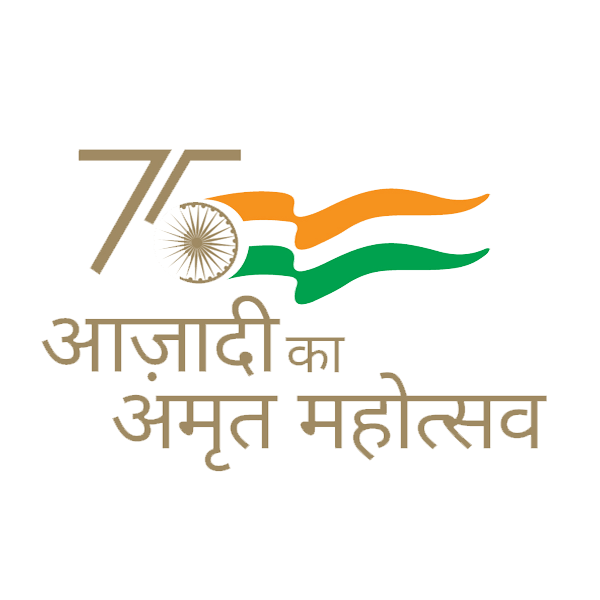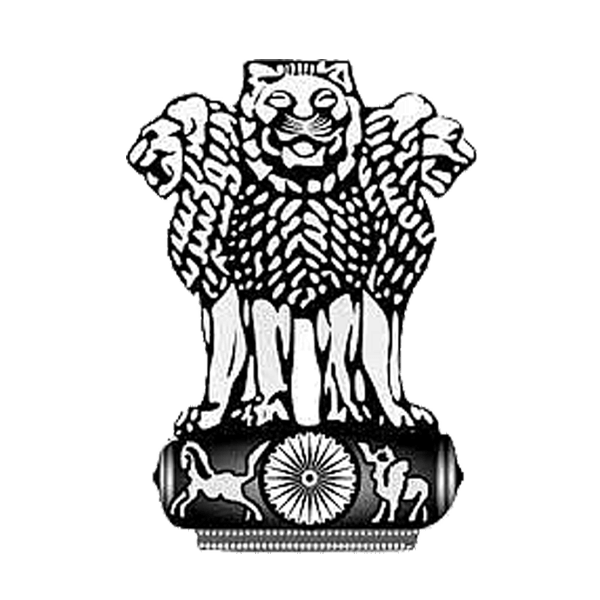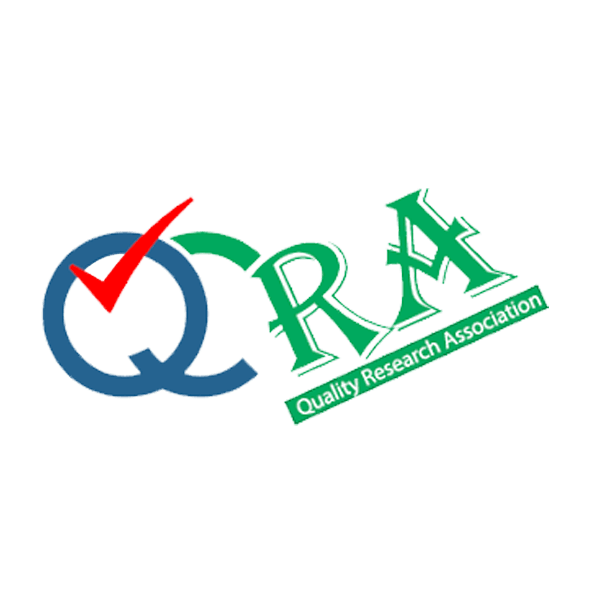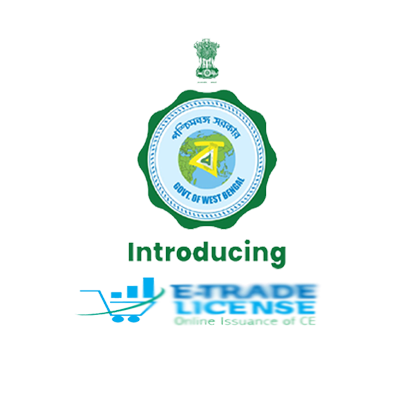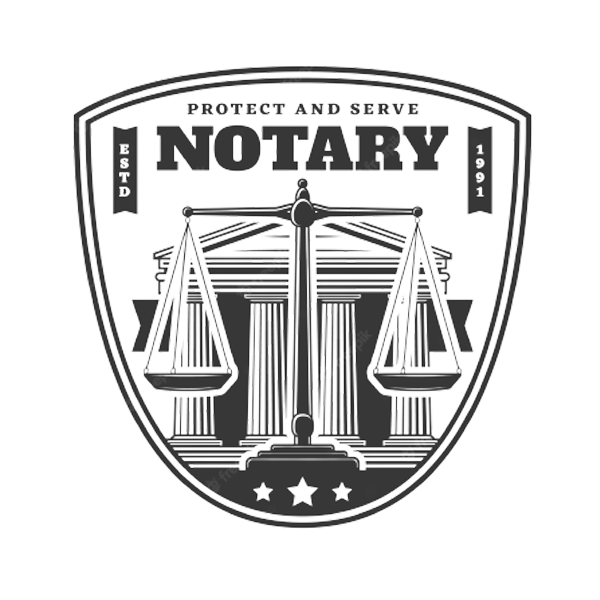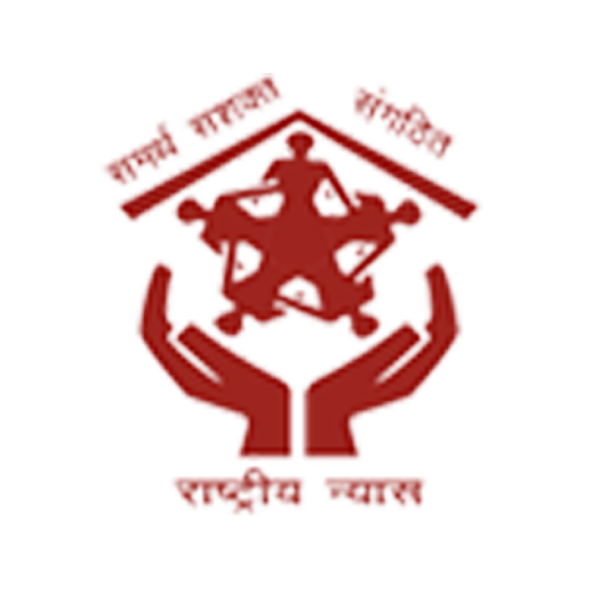🌾 Art and Culture Board for Rural Talent
India’s villages have always been a treasure trove of creativity, rich in traditional music, dance, crafts, and folk storytelling. Despite this vibrant cultural heritage, many rural artists remain underrepresented and lack access to formal platforms. Today, the role of an art and culture board for rural talent is more crucial than ever in providing structured education, exposure, and certification to grassroots artists across the country.
🎨 Recognizing Untapped Cultural Potential
Rural India is home to countless skilled individuals who inherit art forms passed down for generations. However, without a proper platform, their skills often go unnoticed. Cultural education boards help identify and uplift this hidden talent through assessments, training, and national-level recognition.
These boards provide structured learning in classical and folk dance, instrumental and vocal music, painting, and traditional handicrafts. By offering certified programs, they help validate the skills of rural youth, enabling them to pursue careers in arts or continue advanced learning.
🏫 Bridging the Urban-Rural Cultural Gap
Most urban areas have access to formal training in the arts, but rural communities often lack institutions, trainers, or awareness. Art and culture boards work with local NGOs, schools, and cultural groups to bring quality education to the doorstep of remote villages.
Through community-based centers, outreach programs, and mobile training units, these boards ensure that geographical barriers do not prevent rural talent from thriving. The goal is to democratize access to cultural education for every aspiring learner, regardless of background.
📜 Certification That Matters
Certification adds credibility and confidence to an artist’s journey. When rural students receive nationally recognized certificates, they gain opportunities to apply for scholarships, join art colleges, teach locally, or showcase their talent on larger platforms.
Government-empanelled and ISO-certified boards offer exams at various levels—beginner, intermediate, diploma, and advanced—ensuring a lifelong path of progression. These certifications are not only respected in India but also abroad for cultural exchange programs.
🌱 Inclusive Cultural Empowerment
Empowering rural talent is about more than education—it's about cultural preservation, economic upliftment, and social dignity. Many art boards run special initiatives like talent search exams, village festivals, and free training camps to support underprivileged learners.
Partnerships with government schemes and recognition from organizations like NITI Aayog, MSME, and the Ministry of Culture add further strength to these efforts. This ensures that cultural learning becomes a tool for empowerment at the grassroots level.
🎯 Creating Career Pathways
Certification and training open the doors for rural youth to work as art instructors, performers, artisans, or cultural entrepreneurs. Some may pursue formal education in arts, while others contribute to preserving local traditions by teaching in their communities.
Art and culture boards also help students participate in competitions, government events, and even earn income through exhibitions and performances—making art not just a passion but a viable livelihood.
🏁 Conclusion
An art and culture board for rural talent is not just an educational platform—it is a movement to recognize, empower, and preserve India’s cultural diversity. By offering inclusive access, structured assessment, and credible certification, these boards help transform hidden rural talent into nationally and globally recognized artistic excellence.



